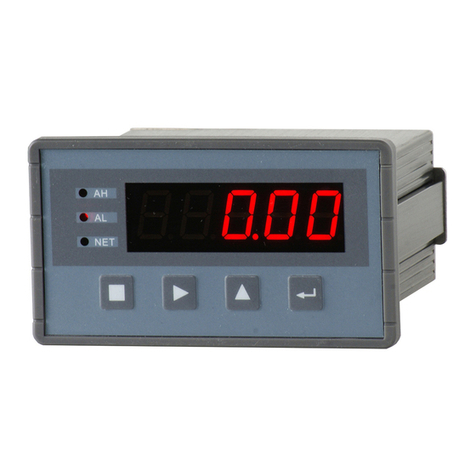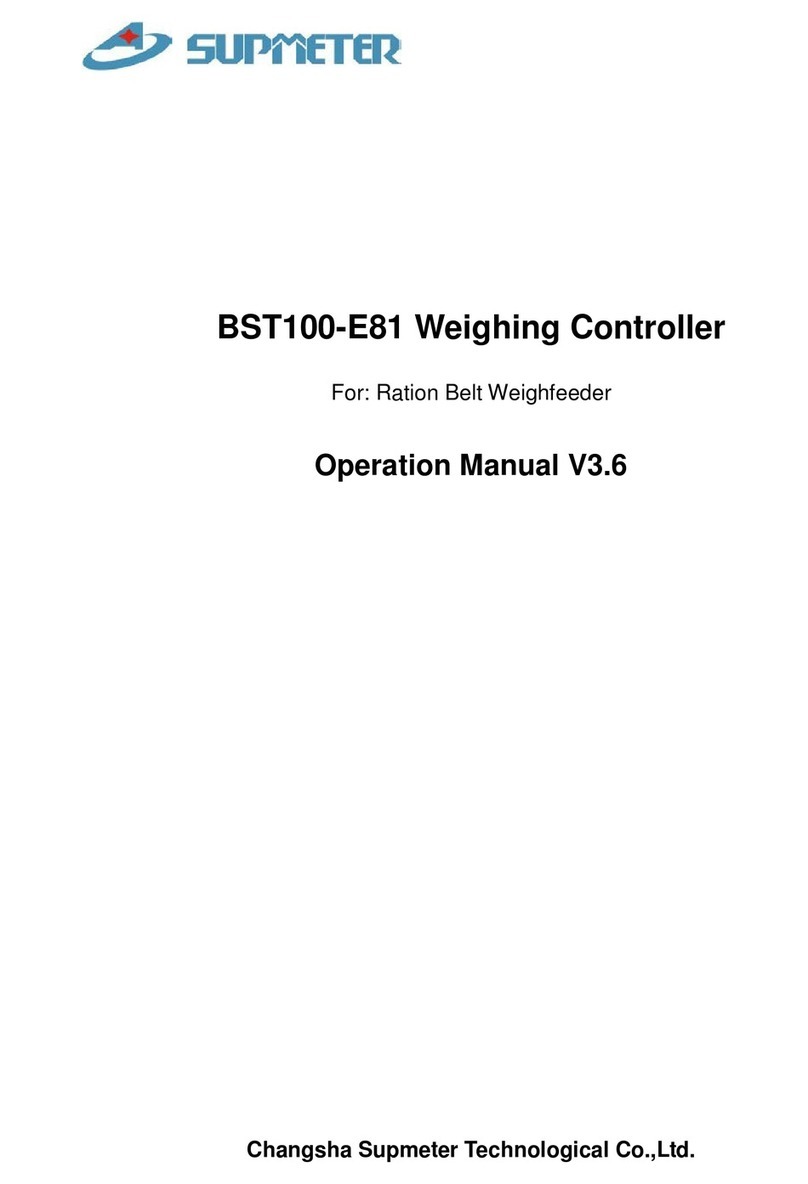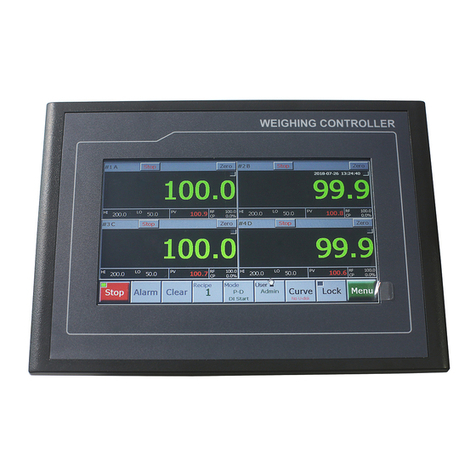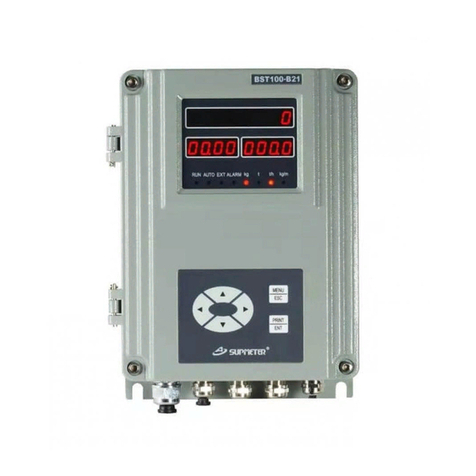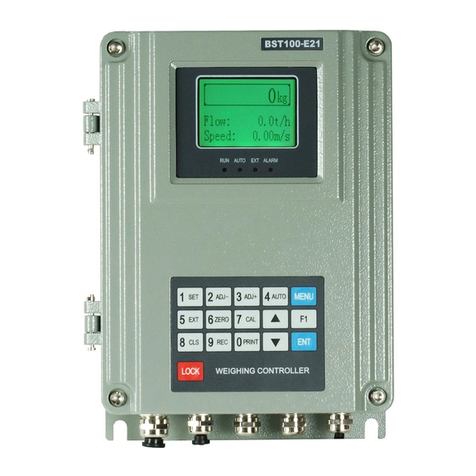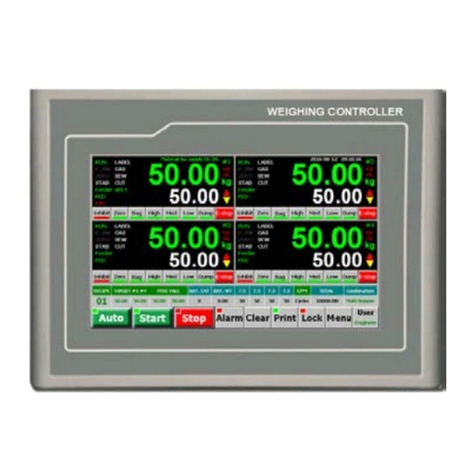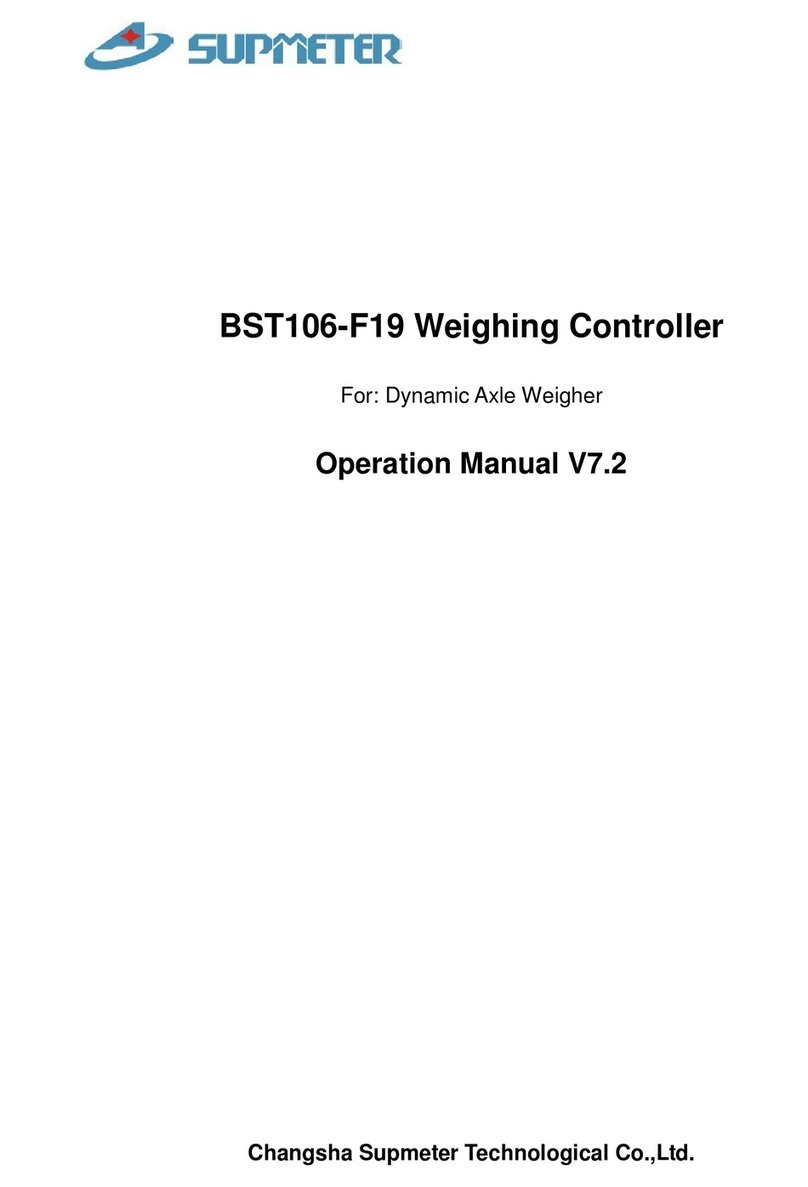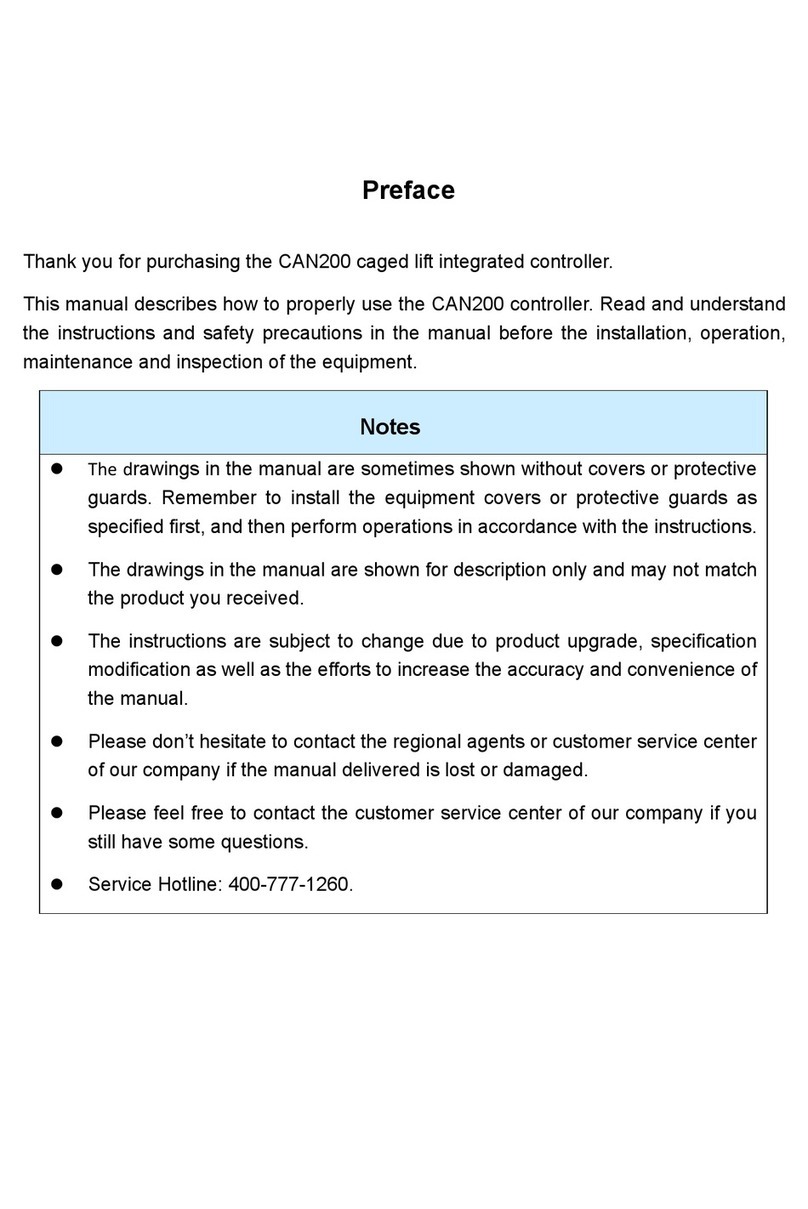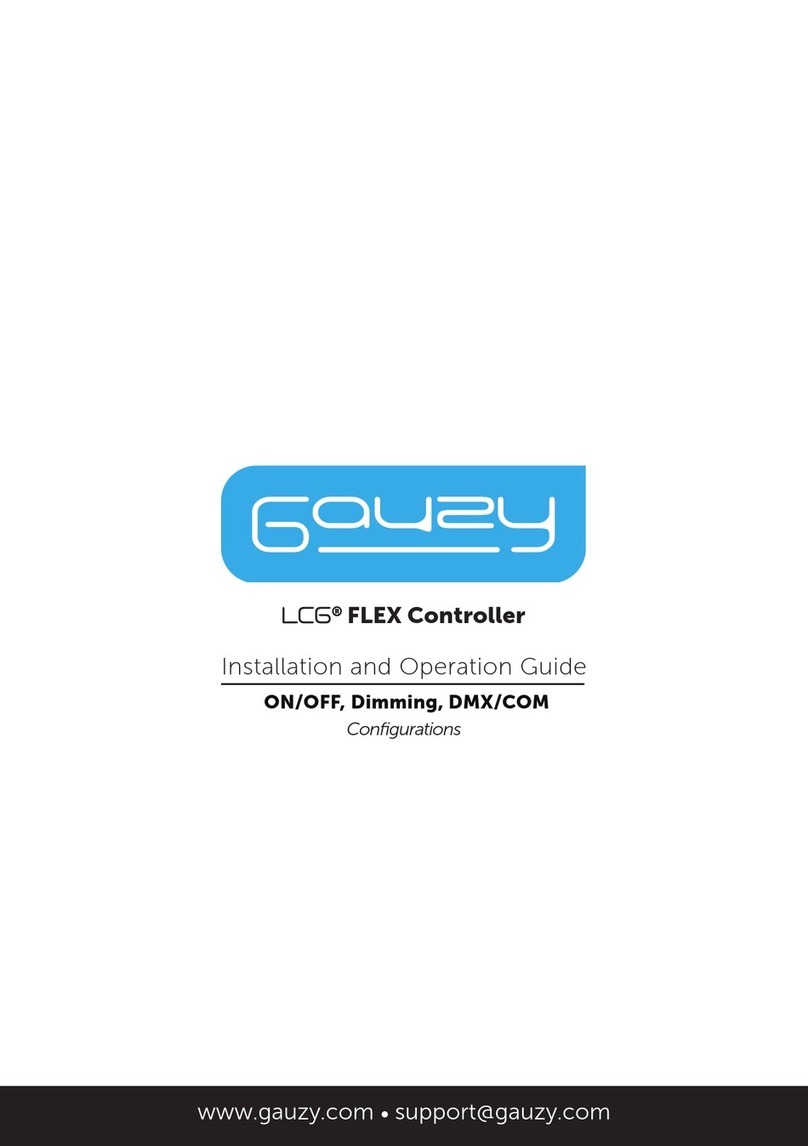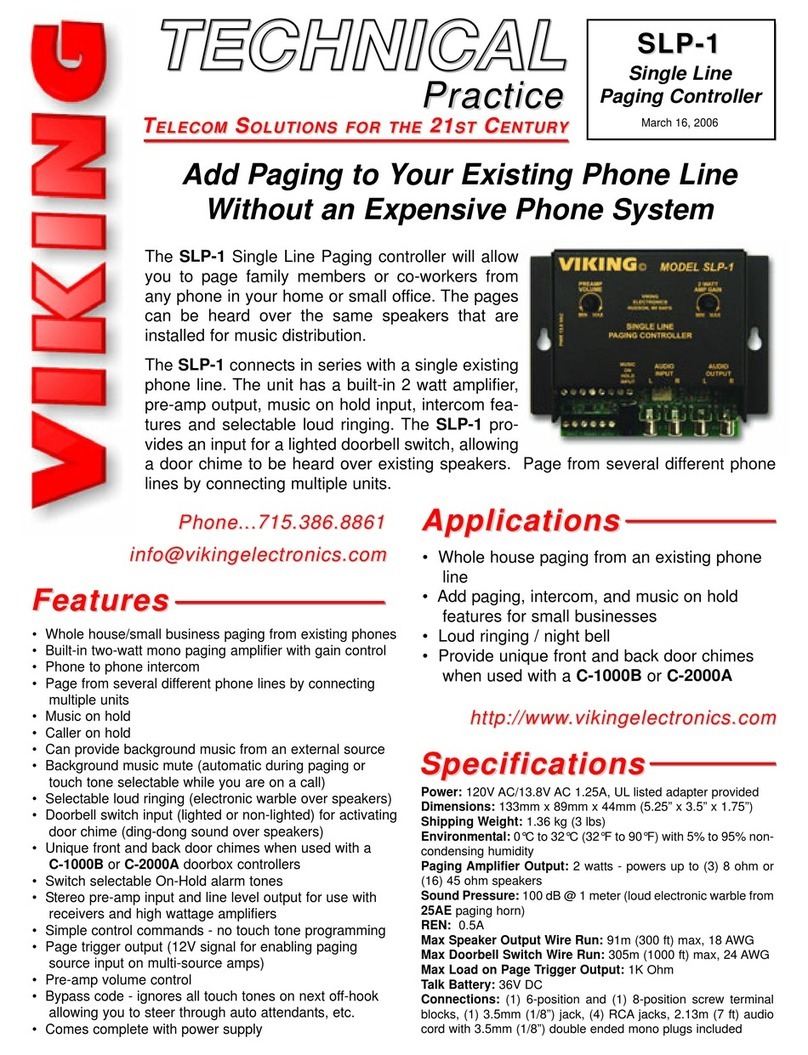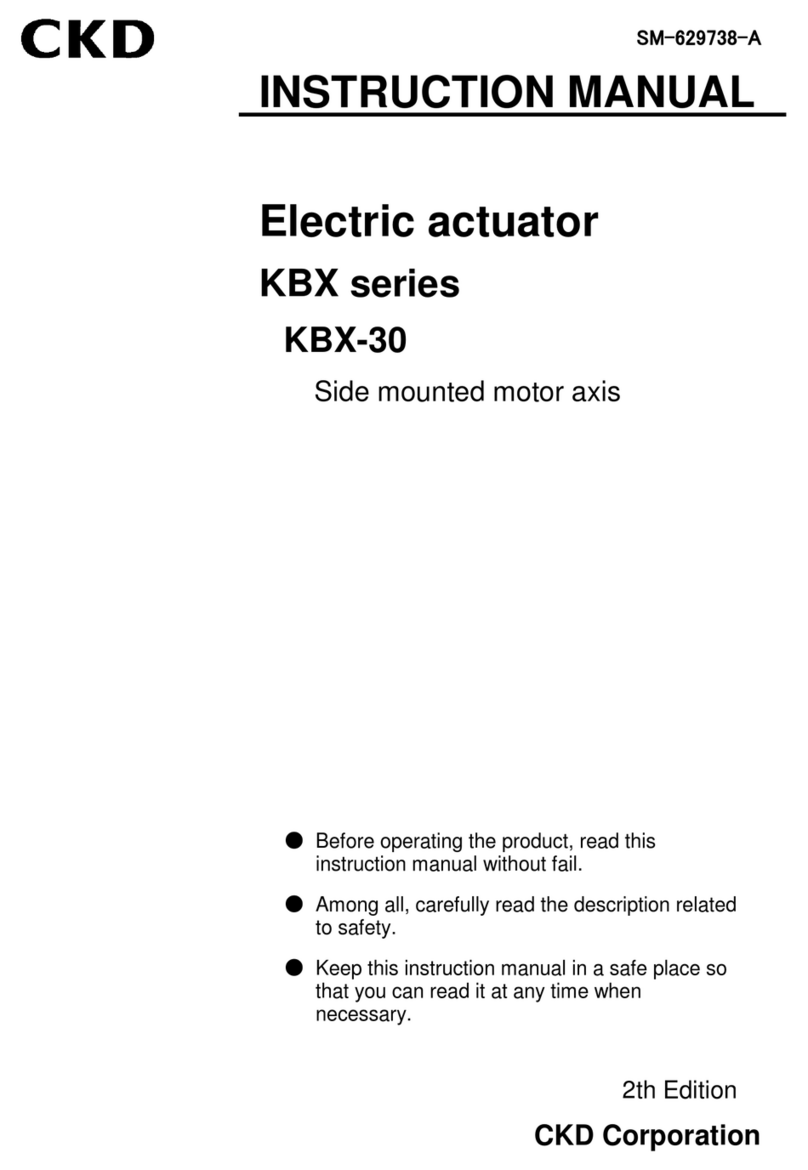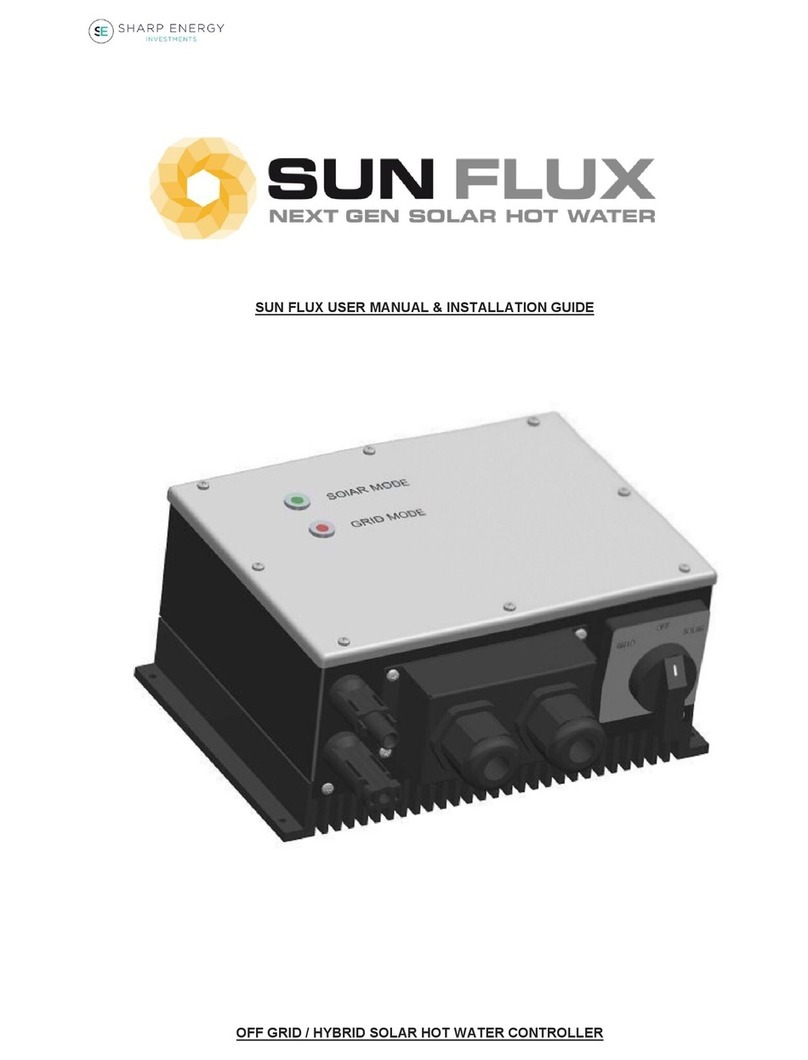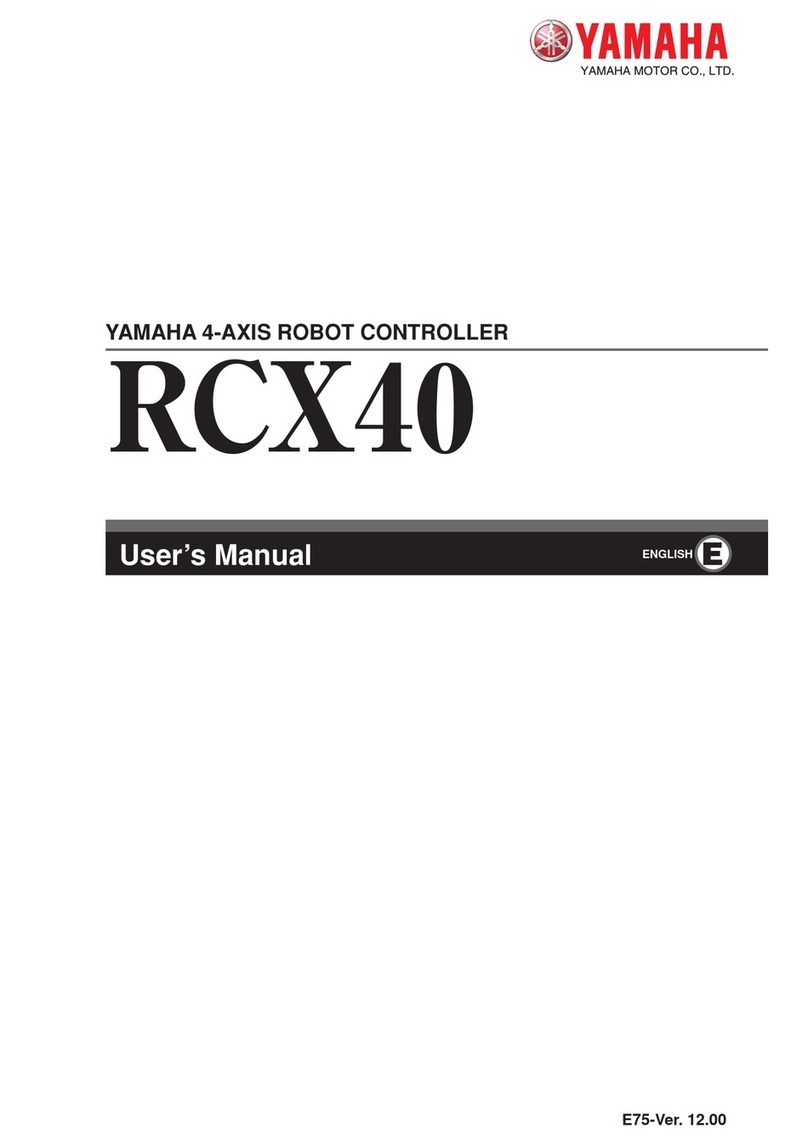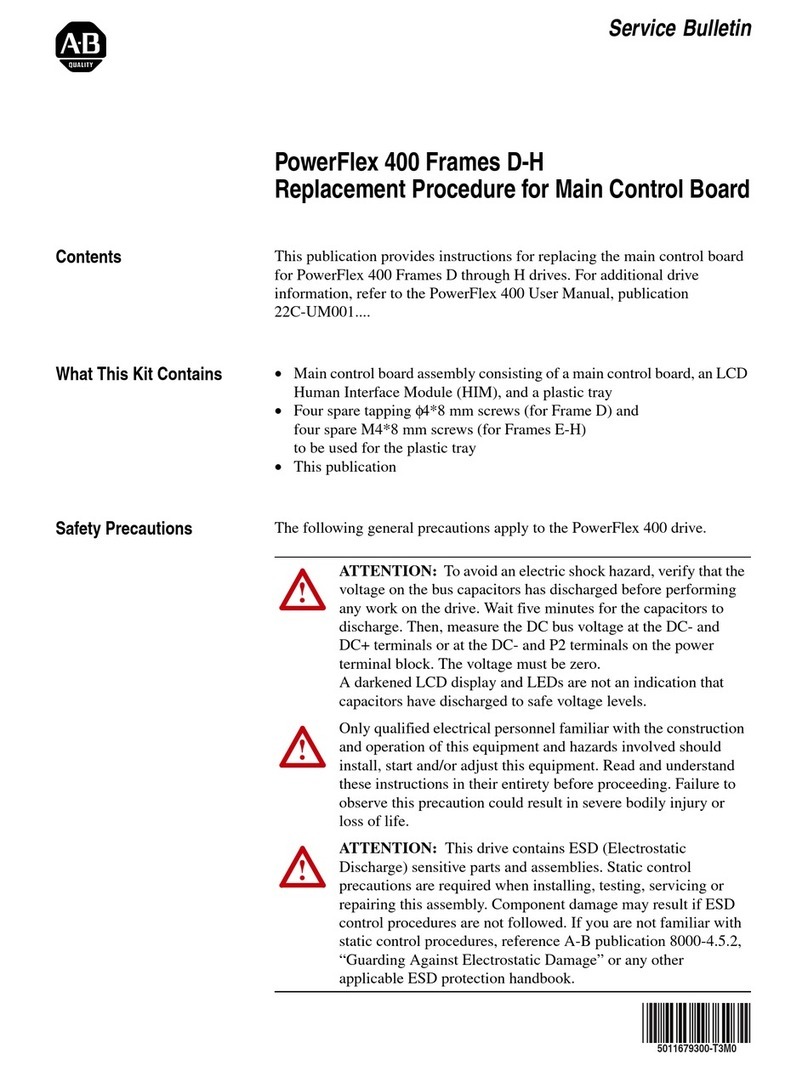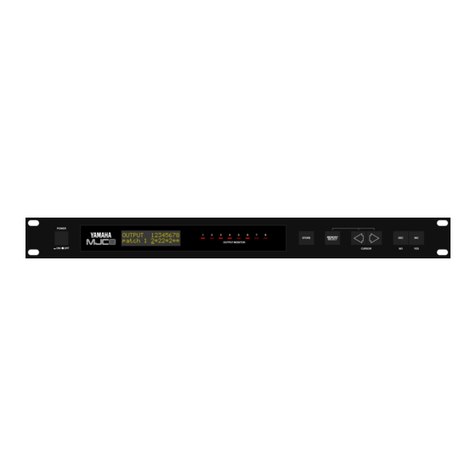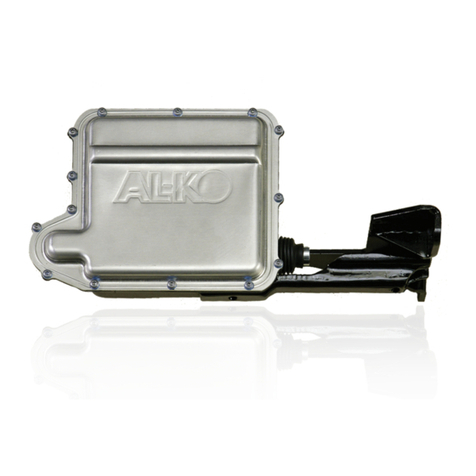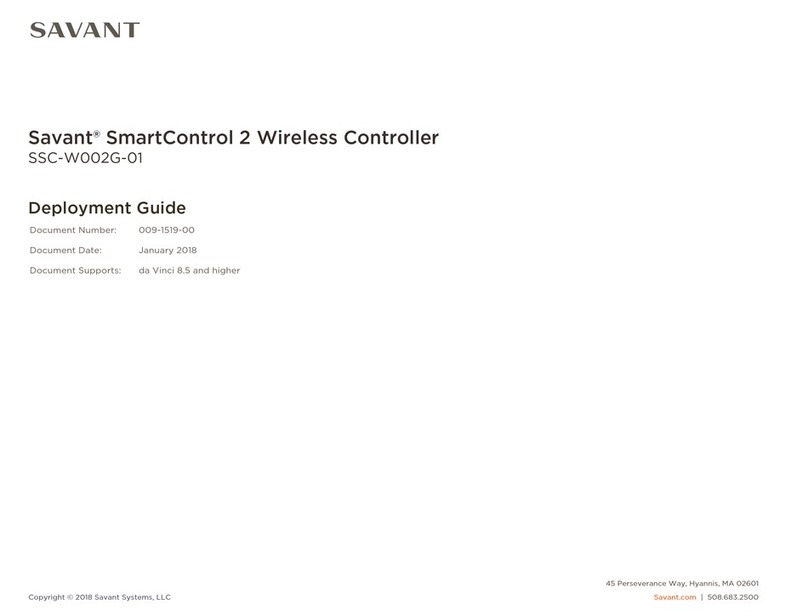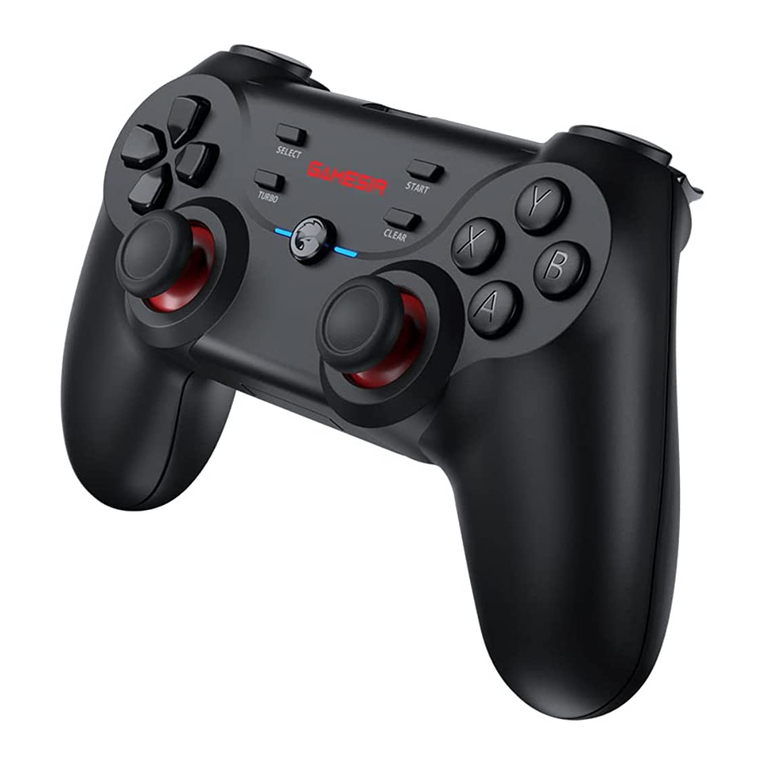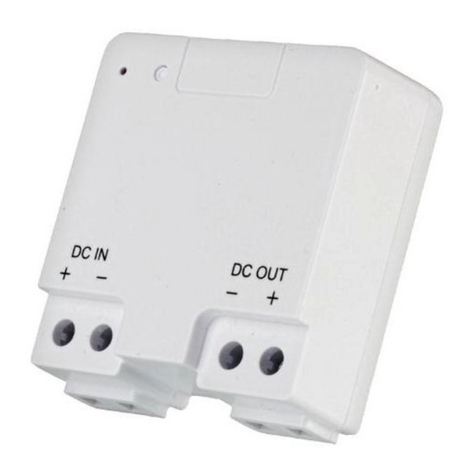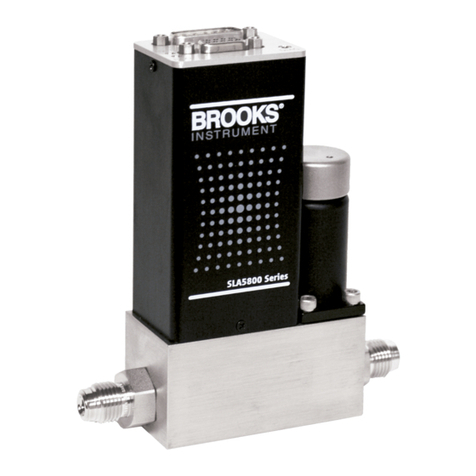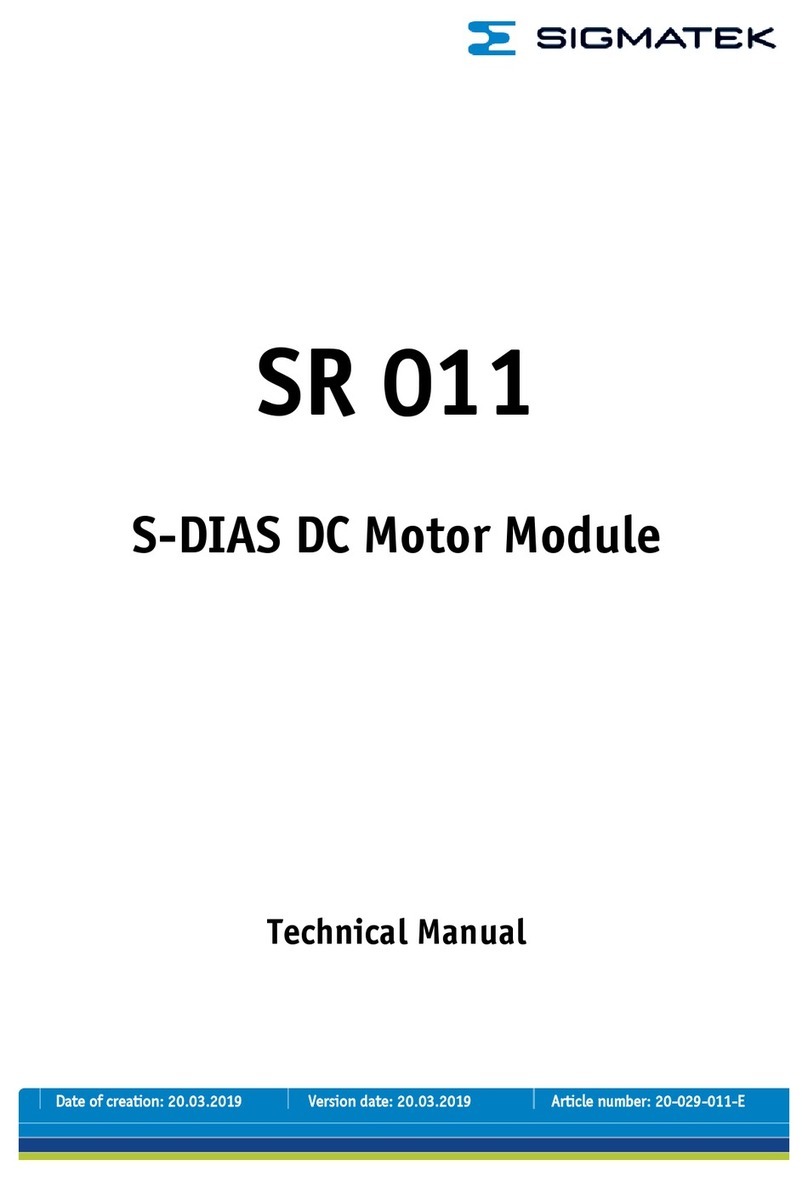
1
Preface
Thank you very much for your purchase!
This manual covers safety precaution, technical specification, operation interface, installation&
connection, function&operation and so on. In order to make the product running at its best, please read this
manual in advance, and reserve it for the future reading.
The technology update, function enhancement and quality improvement may lead to some differences
between this manual and the physical product, please understand.
Without our authorization, the contents of this manual are not allowed to be copied and reproduced.
Main Features:
Suitable for Ration Batching Scale with 4-material&2-speed feeding [Single-scale Mode &
Four-scale Mode].
EMC design with high anti-jamming capability, suitable for industrial environment.
Cortex-A8 CPU with 600MHz Clock, 128M RAM and 128M Flash.
7”/10.2” Ultralight and ultrathin TFT touch screen with embedded weighing/control module.
Loadcell Interface
4 Loadcell ports. Max. Connection Quantity: 4×4 Loadcells (350Ω).
24-bit High-precision and high-speed ∑-△A/D conversion module with 1/1,000,000 internal
resolution and sampling frequency 800Hz.
Special anti-vibration digital filtering algorithm for ensuring the weighing stability and
accuracy when there is strong vibration on the load receptor, and the rapid response capability
when the weight signal changes.
I/O Interface
7 Definable normally open switch inputs [DI] and 18 definable normally open transistor switch
outputs [DO].
Optional ‘High/Low Speed Feed’ DOs for feeding control. Optional Low-speed Feeding
Modes: Continuous Feeding Mode and Inching Feeding Mode.
4 Definable analog signal AO[0~10V] for weight signal output or ‘High/Low Speed Feed’
control.
Digital Communication Interface
COM1[RS232]&COM2[RS485] for connecting Host IPC/PLC and LED Remote Display.
COM[RS232] for connecting RS232 Serial Printer.
USB1 for connecting USB mouse, downloading HMI software from U-disk and copying data
to U-disk.
Software Function
Manual Screen-locking/Screen-unlocking, Auto Screen-locking, Digital Setting&Calibration
and I/O Testing functions available.
Initial Zero Adjustment after Power-on, Auto Zero Tracking, Zero Fine Adjustment and Zero
Calibration functions available.
Load Calibration and Loss Calibration functions available.
10 Recipes for batching control.
Optional ‘Fall Value Auto Correction’ function.
Optional ‘Auto Pause for Deviation Alarm’, ‘Auto Pause while Gross Weight Upper Limit
Alarming’, ‘Manual Pause’and ‘Auto Re-feed’ functions.
Optional ‘Target Batch Control’ function [With Target Batch Count finished, the batching
process will stop automatically].
The Batch Records can be printed automatically.
Historical Batch Records, Totalizing Reports and Recipes can be queried and printed.
With the multitasking mode, the weighing&control process will not be interrupted by
parameter setting and the other operations.
![Supmeter BST106-B60[A] User manual Supmeter BST106-B60[A] User manual](/data/manuals/1s/q/1sqb6/sources/supmeter-bst106-b60-a--manual.jpg)
